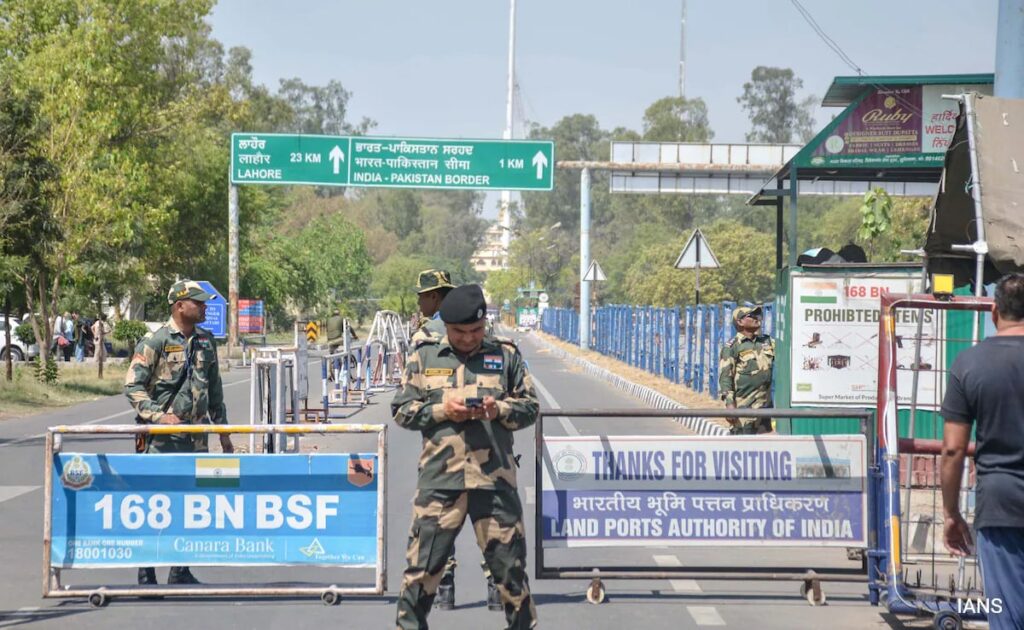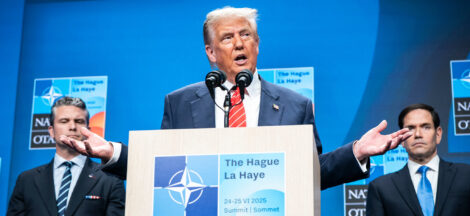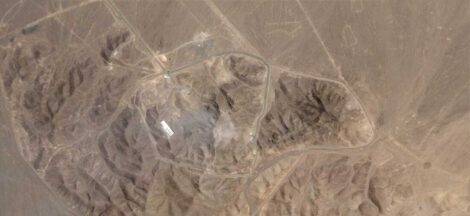A coordinated diplomatic initiative is underway as New Delhi dispatches multi-party parliamentary delegations to key global capitals to present evidence of Pakistan’s alleged involvement in the Pahalgam terror attack that claimed 26 lives. The outreach, scheduled from 22 May to 1 June, aims to galvanise international support against cross-border terrorism.
Each of the eight delegations comprises Members of Parliament from across the political spectrum, senior diplomats, and policy experts. Their mission is to brief foreign governments and institutions on the findings of Operation Sindoor, India’s counter-terror operation launched in the aftermath of the Pahalgam attack. The delegations will also underscore what officials describe as Pakistan’s continued patronage of terror networks operating across the Line of Control.
The initiative marks a rare moment of political unity. Opposition parties, including the Congress, have endorsed the government’s diplomatic offensive. Congress leader Shashi Tharoor is reportedly leading one of the delegations, a move that has drawn both praise and political barbs. While the Congress welcomed the assignment, it also characterised the decision as indicative of a “talent vacuum” within the ruling party.
This global outreach forms part of a broader five-pronged response unveiled by the Cabinet Committee on Security following the 22 April attack. Measures include the suspension of the Indus Waters Treaty, closure of the Attari-Wagah border crossing, cancellation of the SAARC Visa Exemption Scheme for Pakistani nationals, expulsion of Pakistani military advisors from New Delhi, and a reciprocal reduction in diplomatic staff in both countries’ high commissions.
The Indus Waters Treaty, brokered by the World Bank in 1960, has long been a cornerstone of India-Pakistan relations. Its suspension signals a significant escalation in India’s strategic posture. Officials have stated that the treaty will remain on hold until Pakistan takes “credible and irreversible” steps to dismantle its support for cross-border terrorism.
In addition to diplomatic measures, India has imposed a comprehensive ban on the import and transit of goods originating from Pakistan. The Ministry of Commerce and Industry cited national security concerns in its notification, effectively freezing bilateral trade.
Pakistan’s response has been swift and condemnatory. The Senate passed a resolution rejecting India’s allegations as “frivolous and baseless,” asserting that linking Islamabad to the Pahalgam attack is unfounded. The resolution also criticised the suspension of the Indus Waters Treaty, describing it as tantamount to an “act of war.” Pakistani officials have denied any involvement in the attack, which was claimed by The Resistance Front, a group India identifies as a proxy of the banned Lashkar-e-Taiba.
Amid escalating tensions, Pakistan’s ambassador in Moscow has sought Russia’s assistance in de-escalating the crisis. In an interview with TASS news agency, Ambassador Mohammad Khalid Jamali highlighted Russia’s strategic partnerships with both India and Pakistan, suggesting that Moscow could play a mediating role akin to its involvement in the 1966 Tashkent Agreement.
The international community has expressed concern over the deteriorating situation. Representatives from 100 countries attending the Bharat Summit in Hyderabad issued a joint statement condemning the Pahalgam attack and expressing solidarity with India. The statement denounced the targeting of civilians and called for collective action against terrorism.




 Apple’s India Expansion Unfazed by Trump’s Manufacturing Rebuke
Apple’s India Expansion Unfazed by Trump’s Manufacturing Rebuke 